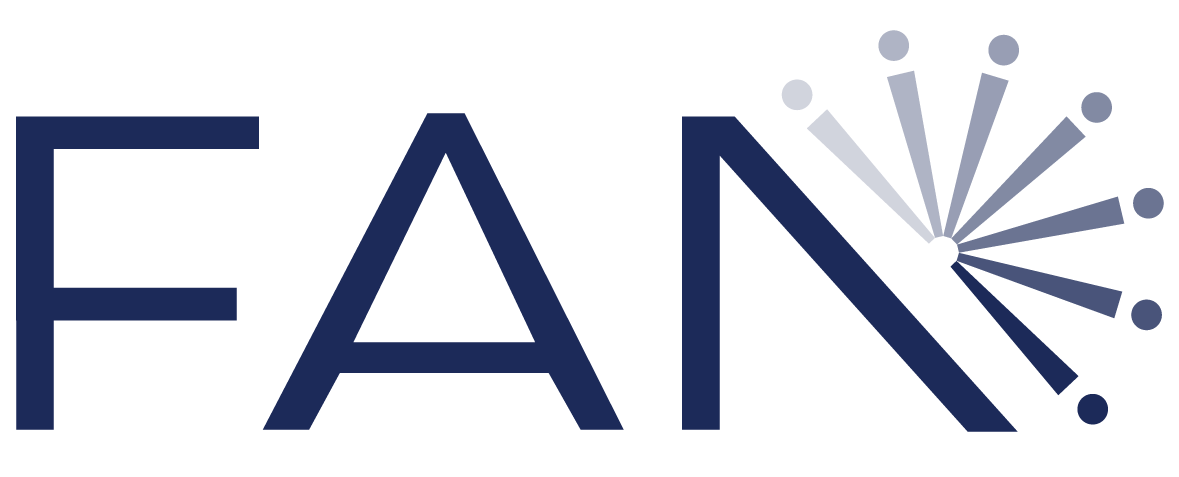Building a Culture of Equity-minded Mentorship
Dr. Kimberly A. Griffin
DEAN & PROFESSOR OF EDUCATION, UNIVERSITY OF MARYLAND
Prof. Kimberly A. Griffin, Building a Culture of Equity-minded Mentorship
In the hands of university faculty, mentoring can be a tool for promoting equity and social justice. Just having a mentor, however, is clearly not enough; what matters is whether the relationship works and is successful.
In this Ivy+ Faculty Advancement Network Institute prologue, we meet Dr. Kimberly A. Griffin, Professor of Education and Dean of the College of Education at the University of Maryland College Park.
In her research, Griffin brings to light a clearer conceptualization of "good mentoring" and explains how to foster high-quality relationships. She introduces the three layers or areas of intervention faculty leaders can consider as they aim to impact faculty outcomes through mentoring:
Interpersonal mentorship, or the dynamics of relationships at the individual level;
Public mentorship, or sponsorship and external advocacy of mentees; and
Systemic mentorship, or working through improving structures and systems in ways that support mentee growth and development and supporting equity-based systemic change.
Here, Griffin introduces an equity-minded mentoring model and tools to understand the needs of mentees, such as department-wide assessments and good questions to ask in one-on-one meetings for qualitative data. She offers strategies to identify the strengths of mentors, like the metrics and indicators to consider and how to use annual reviews to identify mentor strengths. Emphasizing systems and structures, Griffin asks: What are you doing right now that either incentivizes or discourages engagement in mentoring, particularly for senior faculty? How can you intentionally leverage mentoring relationships to expand access and equity in the academy? How do we go beyond individual relationships and build a culture of mentorship in our departments and programs?
Kimberly Griffin, Ph.D.
Dean and Professor, College of Education, University of Maryland
Griffin offers promising practices reflecting intentional efforts to address not just the interpersonal and public practice of mentorship, but also the structural and cultural aspects. With an emphasis on tactics and organizational change, her work interrogates strategies to promote engagement in equity-based mentoring and ultimately, recommends new strategies to build diverse mentoring networks.
Discourse Guide
BEFORE THE MEETING
Watch or listen to Griffin's video prologue (27m 33s).
Read Creating a Mentoring Culture in Graduate Training Programs (6 pages) and, optionally, Rethinking mentoring: Integrating equity-minded practice in promoting access to and outcomes of developmental relationships (17 pages).
AT THE MEETING
In small groups:
Review your unit’s (department or College) tenure and promotion policy. Look for how many times mentoring is mentioned in the policy.
If it is mentioned, where (as service, research, teaching)? And is it defined?
Are there specific criteria candidates must meet as a mentor? If so, what are they?
How is diversity and equity included in your tenure and promotion policy generally, and specifically in regards to mentoring?
All together: Debrief.
In small groups:
Discuss what you learned from the prompts in the video prologue about how you currently recognize and reward “good mentoring” in your unit.
Are there people who are engaging in “good mentoring,” but are unrecognized? Who are they and why do you think that is the case?
Have you seen or been a part of an approach to mentoring that addresses the challenges of good mentoring in a systemic and/or structural way?
If you were to achieve equity in mentoring relationships across your unit, what would that look like? How would it be different from what you observe now?
All together: Debrief.
Inquiry resources:
The Science of Effective Mentorship in STEMM: Online Guide (National Academies)
The Center for the Improvement of Mentored Experiences in Research (CIMER)
Equity-minded Mentoring Toolkit (Equity in Graduate Education Consortium)
Columbia University: Self-Paced Course: Building Effective Mentoring Relationships
for further inquiry:
Johnson, W.B. & Griffin, K.A. (2025). On being a mentor: A guide for higher education faculty. (3rd ed). New York: Routledge.
Johnson, W. B., Long, S., Smith, D. G., & Griffin, K. A. (2022). Creating a mentoring culture in graduate training programs. Training and Education in Professional Psychology. [Link]
Baker, V., Pifer, M., & Griffin, K.A. (2014). Mentor-protégé fit: Identifying and developing effective mentorship across identities in doctoral education. International Journal for Researcher Development, 5(2), 83-98. [PDF]
Griffin, K. A., Pifer, M. J., Humphrey, J. R., Hazelwood, A. M. (2011). (Re)Defining departure: Exploring Black professors’ experiences with and responses to racism and racial climate. American Journal of Education, 117(4), 495-526. [Link]
Griffin, K. A., & Reddick, R. J. (2011). Surveillance and sacrifice: Gender differences in the mentoring and advising patterns of Black professors. American Educational Research Journal, 48(5), 1032 - 1057. [Link]
Griffin, K., Gibbs Jr., K. D., Bennett, J., Staples, C., & Robinson, T. (2015). “Respect me for my science”: A Bourdieuian analysis of women scientists’ interactions with faculty and socialization into science. Journal of Women and Minorities in Science and Engineering, 21(2), 159–179. [Link]
Griffin, K. A., Baker, V. L., & O’Meara, K. (2020). Doing, caring, and being: “Good” mentoring and its role in the socialization of graduate students of color in STEM. In J. C. Weidman & L. DeAngelo (Eds.), Socialization in higher education and the early career: Theory, research, and application (pp. 223–239). Springer. [PDF]
Griffin, K.A. (2020). Rethinking mentoring: Integrating equity-minded practice in promoting access to and outcomes of developmental relationships In A. Kezar & J. Posselt (Eds.), Higher education administration for social justice and equity in higher education: Critical perspectives for leadership and decision-making (pp. 93-110). New York, NY: Routledge Press.
Pifer, M.J. & Baker, V.L. (2013). Managing the Process: The Intradepartmental Networks of Early-Career Academics. Innov High Educ 38, 323–337.
Wofford, A.M., Griffin, K.A. & Roksa, J. (2021). Unequal expectations: First-generation and continuing-generation students’ anticipated relationships with doctoral advisors in STEM. High Educ 82, 1013–1029. [Link]




